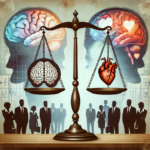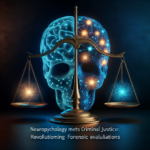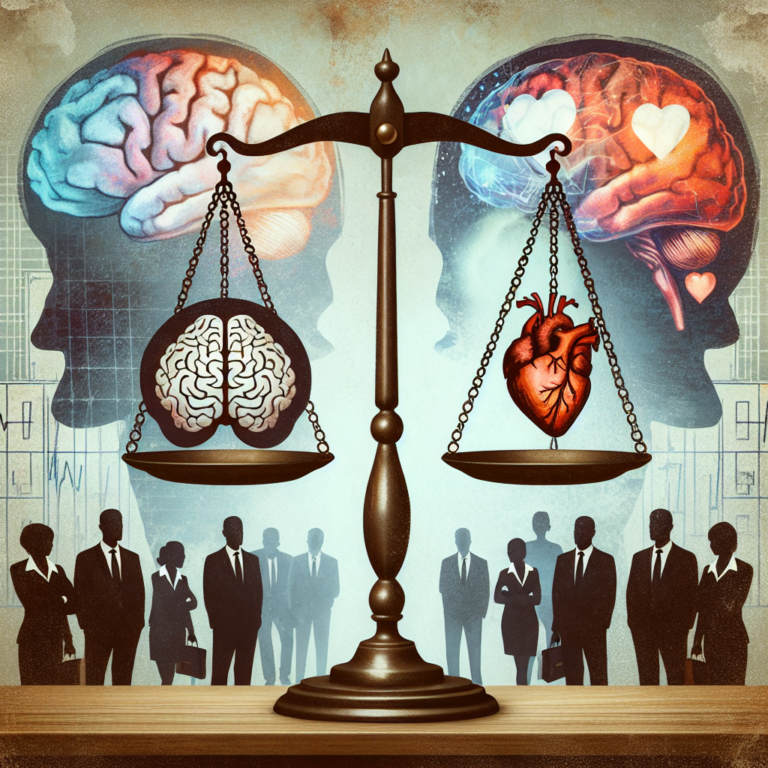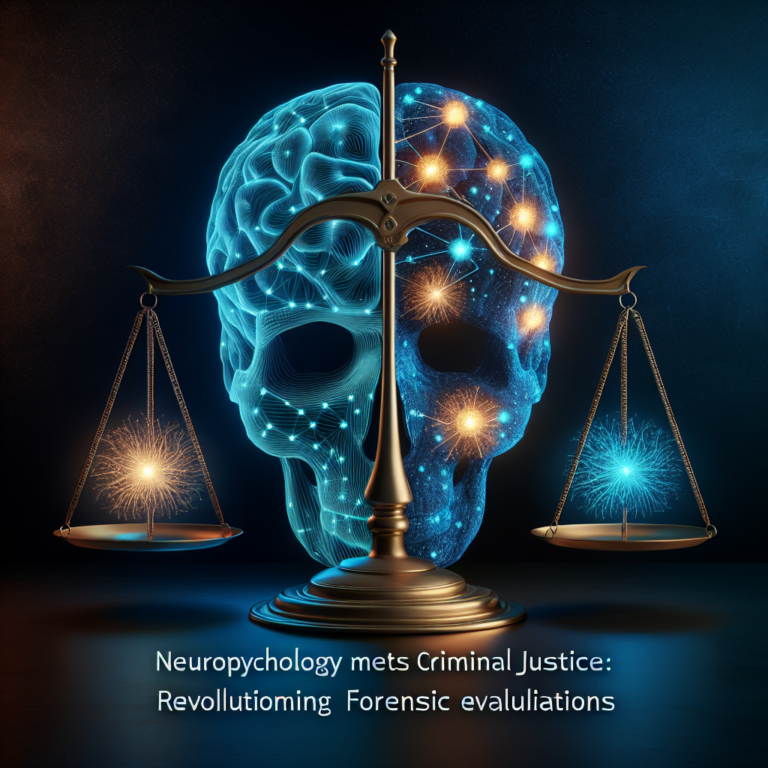
Introduction
In the intricate tapestry of the legal system, where facts often intertwine with complex scientific principles, the role of expert witnesses emerges as a crucial linchpin. These professionals hold the power to clarify, elucidate, and illuminate the often murky waters that lie at the intersection of law and science. Understanding their role is not merely academic; it impacts the very essence of justice and legal outcomes. This article explores The Role of Expert Witnesses: Bridging the Gap Between Law and Science, offering an in-depth analysis, real-world case studies, and actionable insights into their indispensable function.
The legal arena is rife with misconceptions, emotional appeals, and of course, facts that must be substantiated. This introduces a critical challenge: how to discern truth amidst speculation and bias. Expert witnesses step into this fray, armed with knowledge, experience, and a varied background that enables them to clarify difficult concepts in accessible terms. Their expertise not only aids judges and juries in understanding complex matters but also legitimizes claims and refutes inaccuracies.
Understanding Expert Witnesses: Definition and Functions
Expert witnesses differ from lay witnesses in several fundamental ways, primarily based on their specialized knowledge, training, and skill sets. According to the Federal Rules of Evidence, an expert may testify if they possess scientific, technical, or other specialized knowledge that can help the court understand the evidence or determine a fact in issue. The Role of Expert Witnesses: Bridging the Gap Between Law and Science takes form through their diverse functions, which include:
Offering Opinion Based on Expertise: Unlike lay witnesses, expert witnesses provide opinions grounded in their specialized knowledge. This is often pivotal in cases involving forensic evidence, medical malpractice, or technical patents.
Educating the Court: A significant function is to educate judges and juries about complex scientific principles that underpin the case at hand. Their testimony aims to simplify often convoluted details, making them accessible to those without specialized training.
- Assisting in Case Preparation: Beyond the courtroom, expert witnesses play vital roles in case analysis, helping attorneys understand the nuances of scientific evidence and providing insights to strengthen arguments.
Types of Expert Witnesses
There are various categories of expert witnesses, each fulfilling unique roles in the legal system. They include, but are not limited to:
Forensic Experts: Specializing in crime scene investigations and evidence analysis, these experts provide insights into criminal cases, often involving DNA, ballistics, or toxicology.
Medical Experts: In personal injury and malpractice lawsuits, medical experts assess injuries and medical standards of care, significantly influencing the outcomes of these cases.
Engineering Experts: In cases related to construction defects or product liability, engineers analyze technical aspects and determine compliance with relevant safety standards.
- Economists: Providing insight into financial matters, economists analyze monetary damages, market practices, and economic forecasts relevant to a case.
Case Studies: Real-World Applications
Case Study 1: Daubert v. Merrell Dow Pharmaceuticals, Inc. (1993)
One landmark case illustrating The Role of Expert Witnesses: Bridging the Gap Between Law and Science involved Dr. David L. Daubert and Merrell Dow Pharmaceuticals. This case established key standards for the admissibility of expert witness testimony in federal court.
Significance: The Supreme Court ruled that judges must evaluate the methodologies of expert witnesses to ensure scientific reliability. In this case, the testimony concerning the drug’s alleged harmful effects on fetuses was deemed inadmissible, fundamentally shifting how expert testimony is approached in the courtroom and underscoring the need for scientific credibility.
Case Study 2: Brown v. Board of Education (1954)
In the historic case of Brown v. Board of Education, social scientists provided testimony about the psychological effects of segregation.
Relevance: Their contributions illustrated how expert witnesses could bridge the gaps between social science and legal outcomes, showcasing how data and expert opinion shaped landmark decisions.
The Process of Engaging an Expert Witness
Engaging an expert witness encompasses several key steps:
Identifying the Need: The attorney must assess whether expert testimony is necessary based on the case’s complexity and the technical opinions required.
Selecting the Right Expert: Choosing experts with relevant credentials, experience, and the ability to communicate effectively is paramount. Their ability to translate intricate concepts into comprehensible language often influences jury perceptions.
Pretrial Preparation: It is essential to prepare the expert for deposition and trial testimony, ensuring they convey their opinions confidently and clearly.
- Testimony: During the trial, the expert articulates their insights and is cross-examined by opposing counsel regarding their qualifications and the validity of their opinions.
Challenges Experts Face in Court
Despite their expertise, expert witnesses face numerous challenges:
Daubert Challenges: Lawyers often challenge the admissibility of expert testimony based on methodologies. The burden lies on the expert to prove the reliability and relevance of their methods.
- Cross-Examination: Opposing counsel often attempts to undermine an expert’s credibility, questioning their qualifications, biases, or the validity of their findings.
Visual Data Representation
| Type of Expert Witness | Common Use Cases | Challenges Faced |
|---|---|---|
| Forensic Experts | Criminal Cases | Admissibility of evidence, interpretation of data |
| Medical Experts | Personal Injury | Reliability of medical findings, biases |
| Engineering Experts | Product Liability, Construction | Technical jargon, compliance with safety standards |
| Economists | Business Litigation | Complex calculations, economic volatility |
The Role of Expert Witnesses in Juror Decision-Making
Understanding how expert witnesses influence juror decision-making is vital for comprehending The Role of Expert Witnesses: Bridging the Gap Between Law and Science. Research suggests that jurors often look to experts to provide clarity on complex issues. The perception of expert credibility can significantly sway juror opinions, leading to stronger outcomes for one side or the other.
Effective expert witnesses exhibit clarity, confidence, and authority while explaining their expertise. Their ability to make intricate scientific principles relatable and understandable is often what bridges the chasm between technical evidence and juror comprehension.
Conclusion
In conclusion, the role of expert witnesses serves as a crucial nexus between the realms of law and science. Their expertise not only supports the judicial process but also serves to uphold the integrity of justice through informed decision-making. Understanding The Role of Expert Witnesses: Bridging the Gap Between Law and Science is essential for anyone involved in legal pursuits—attorneys, jurors, and even the public. The next time you encounter a legal issue laced with scientific nuance, remember the pivotal role expert witnesses play in facilitating understanding and justice.
Frequently Asked Questions (FAQs)
What qualifies someone to be an expert witness?
An expert witness must possess specialized knowledge, education, training, or experience in a specific field relevant to the case. Their qualifications should support their ability to provide informed opinions.How does one select a qualified expert witness?
Consider the expert’s education, experience, relevant publications, and ability to communicate. Previous testimony experience can also be beneficial.Can expert witness testimony be challenged in court?
Yes, opposing counsel can challenge the admissibility of testimony based on qualifications and methodology, as outlined in the Daubert standard.What is the difference between a lay witness and an expert witness?
Lay witnesses testify based on what they have directly observed, while expert witnesses provide specialized opinions based on their expertise.- Do expert witnesses only work for one side?
While many experts represent one side, some forensic experts may be retained by the court or act as neutral parties to provide unbiased opinions.
This article explores not only the importance of expert witnesses in bridging the vital gap between law and science, but also their dynamic role in shaping the future of legal proceedings. Expert witnesses are not just participants in legal battles; they are essential players who ensure that justice is informed, fair, and grounded in reliable evidence.















